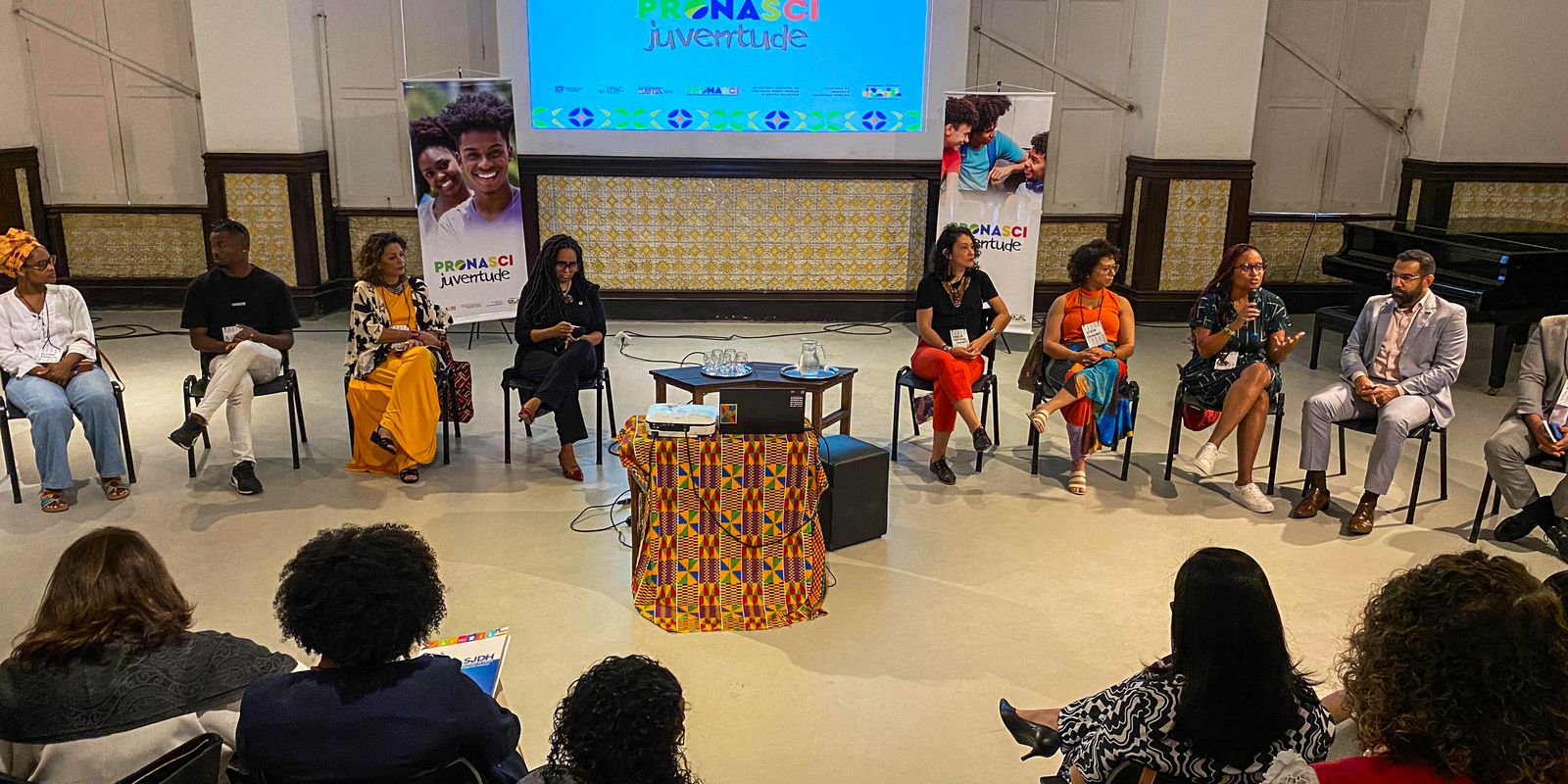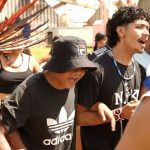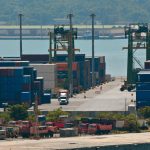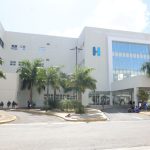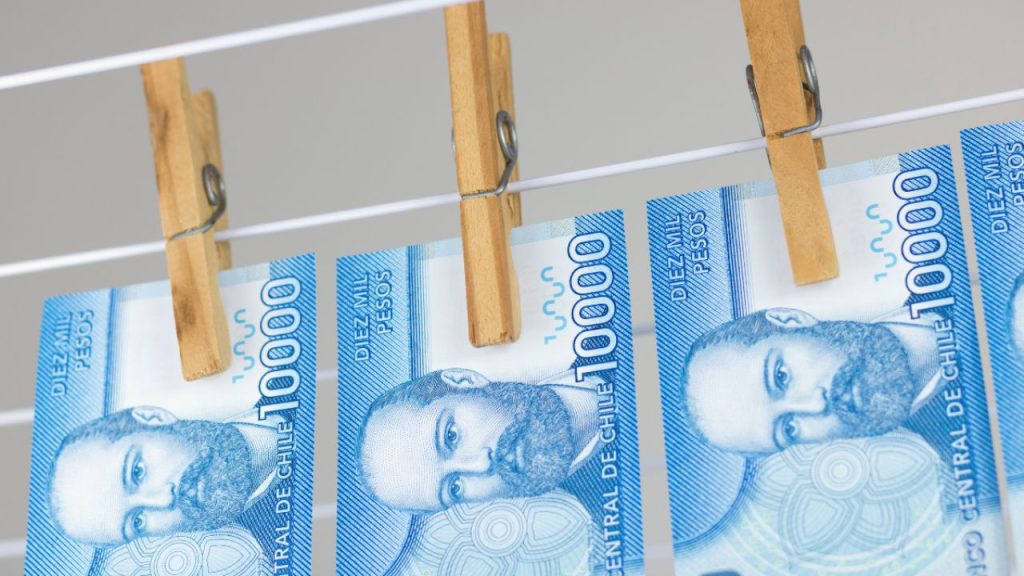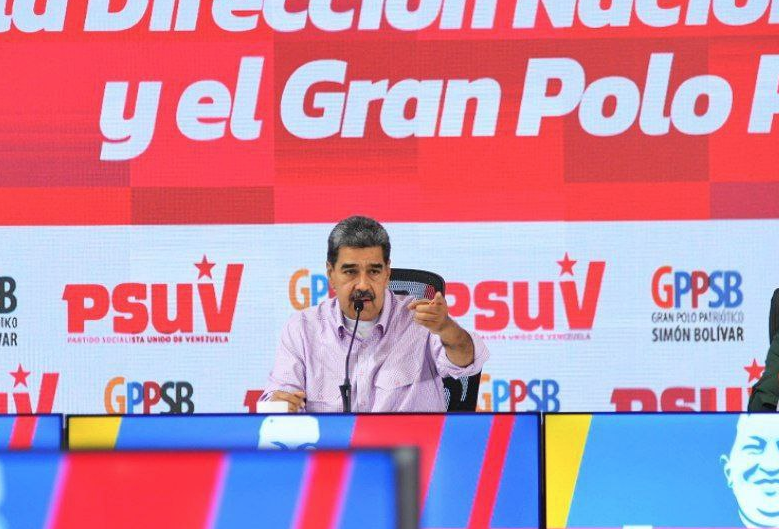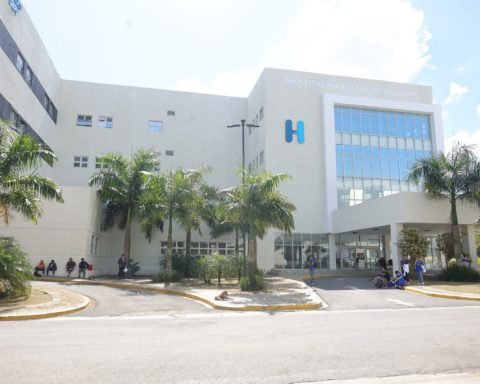A debate between representatives of community organizations from Salvador, academics and members of the National Secretariat for Drug Policies and Asset Management (Senad), of the Ministry of Justice and Public Security, marked the beginning of the activities of the National Public Security with Citizenship Program (Pronasci) Youth in the capital of Bahia, this Monday (19).
Coordinated by Senad, Pronasci Juventude seeks to reduce the rates of lethal violence against black adolescents and young people aged 15 to 24; prevent the harmful use of alcohol and other drugs by this segment, as well as their involvement with organized crime. The actions involve social protection of adolescents and young people in vulnerable situations, by encouraging increased schooling, technical-professional training and productive inclusion in the formal job market.
Last week, Senad had already promoted the beginning of the program’s work in the city of Rio de Janeiro. The capitals of Bahia and Rio de Janeiro are the first to receive Pronasci Juventude, having hosted the pilot project that the national secretariat has been implementing over the last few months, in partnership with the Ministries of Education and Labor and Employment and the Oswaldo Cruz Foundation (Fiocruz).
Initially, the program will benefit 1,500 “adolescents and young people in situations of extreme vulnerability and especially exposed to substance abuse” from the regions of Manguinhos, Maré, Penha and Alemão, in Rio de Janeiro, and another 500 from Arenoso, Paripe, Nordeste de Amaralina, Liberdade and Fazenda Coutos, in Salvador. The initiative foresees that each young person will receive a training grant worth R$500 per month for 12 months.
According to the Work Plan Initially, Pronasci Juventude’s actions will be focused on “territories identified by high rates of lethal violence, with social protection actions, increased education and professional training, based on offering alternatives for human and sustainable development”.
“We are talking about a program that is really looking at young people in situations of greater vulnerability, which we call socio-racial vulnerability,” declared Senad secretary Marta Machado, when opening this morning in Salvador, the technical event that marked the beginning of the program in the capital of Bahia, highlighting the engagement of the network of federal technical institutes to make the initiative viable.
“This powerful network will allow [posteriormente] the program reaches the entire country. We are starting [a implementar o programa] almost simultaneously in Salvador and Rio de Janeiro […] and already negotiating the expansion, still this year, to the North and Central-West regions”, added Marta, anticipating that Senad has already been discussing the possibility of implementing Pronasci Juventude in Manaus and the Federal District. “The idea is for the program to reach the entire country starting next year, especially the cities most affected by the lethality.”
Program
Pronasci Youth is being implemented within the scope of Pronasci II, public safety macro program which the federal government launched in March 2023 and which establishes cooperation between the Union and federated entities in actions developed with resources from the National Public Security (FNSP), National Penitentiary (FUNPEN) and National Anti-Drug (FUNAD) funds.
“To develop this policy, we looked at some of the fundamental problems we want to address, such as the effects of the mass incarceration of black and peripheral youth caused by drug policy; the effect of violent lethality produced for this same public; the effect of the exploitation of child labor by organized crime in our peripheral territories; and also the issue of problematic substance use by vulnerable youth. Looking at other existing programs and successful experiences, we created a policy model that we intend to nationalize and be implemented by the State,” added the general coordinator of Special Projects on Drugs and Ethnic-Racial Justice at the Ministry of Justice and Public Security, Lívia Casseres, revealing that the ministry is studying proposing legislative regulation of the project, transforming it into law.
“A lasting, solid and racialized state policy, as it is not a policy that aims to target just any youth, in a non-specific way and without its own methodology. We are looking at a youth that has already been through the socio-educational or prison system, has already been involved in some kind of crime, is already suffering from some kind of problematic substance use issue or has already been victimized, whether domestic or institutional violence”, concluded Lívia.
